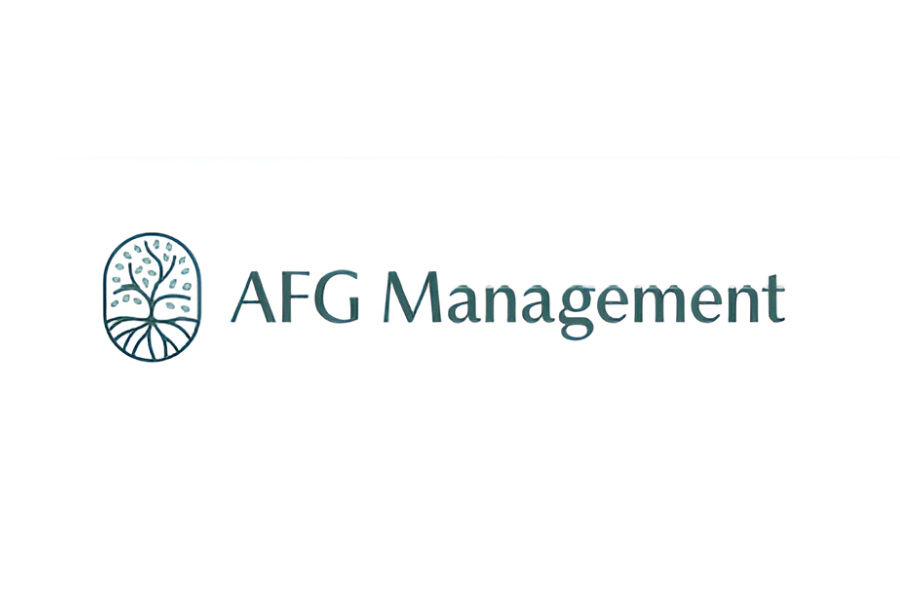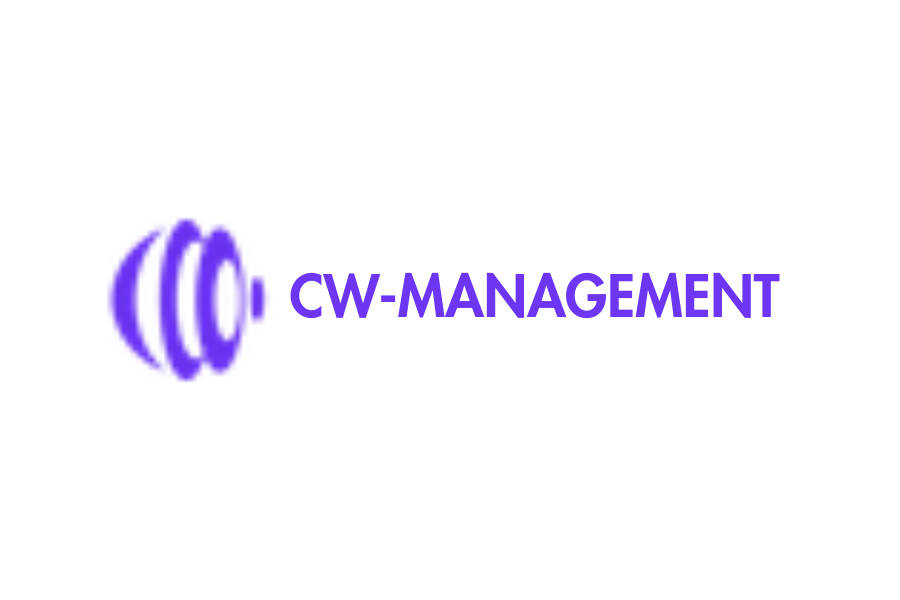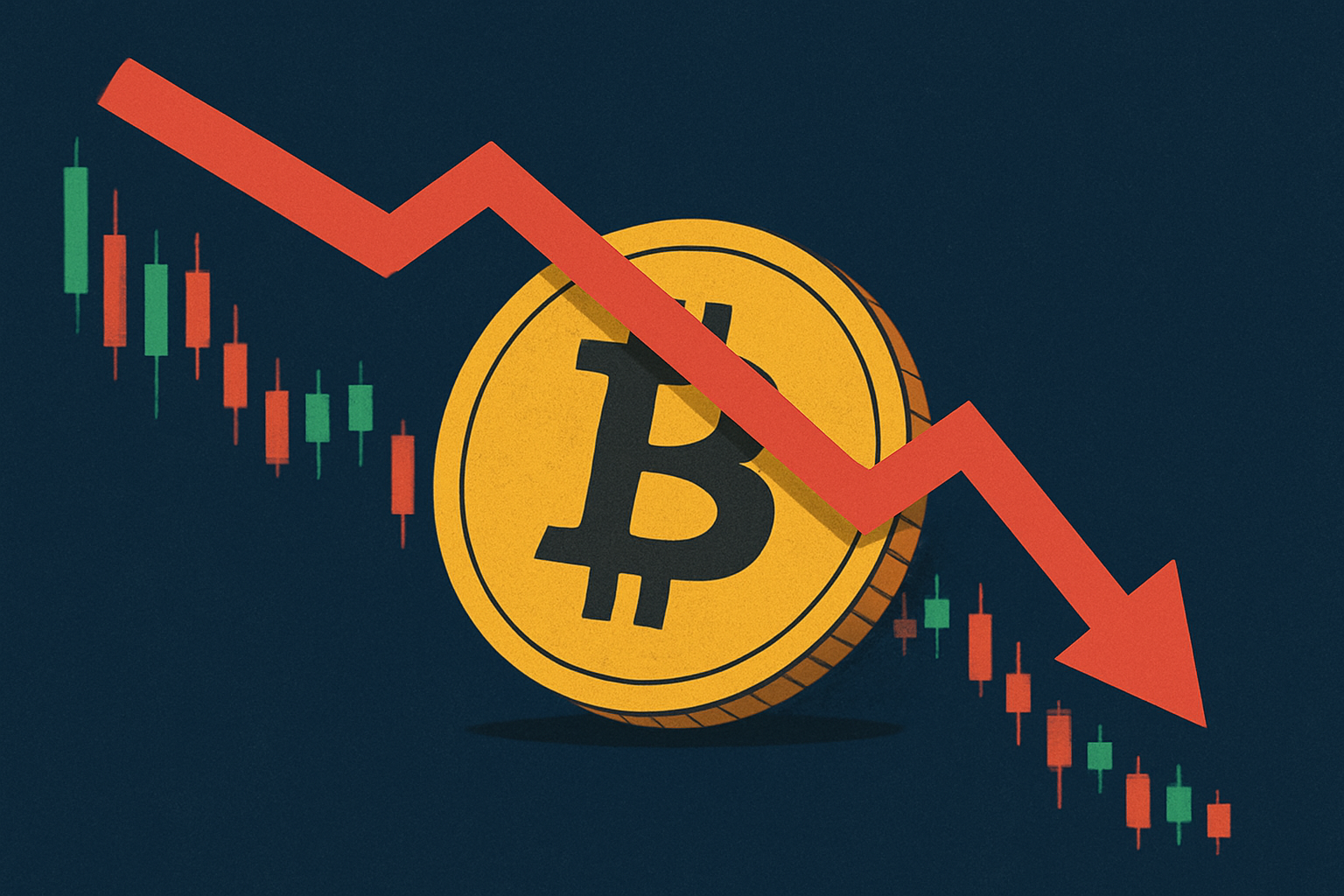Introduction
In a major development for the African crypto landscape, Binance, the world’s largest cryptocurrency exchange by trading volume, has officially expanded its fiat on-ramp services to Nigeria and Kenya. This strategic move aims to empower millions of Africans by making digital currencies more accessible through easier entry points into the crypto ecosystem. The announcement, made on June 6, 2025, has been hailed as a significant step toward financial inclusion in a region long underserved by traditional financial infrastructure.
The addition of fiat on-ramp services means that users in Nigeria and Kenya can now purchase cryptocurrencies such as Bitcoin, Ethereum, and Binance Coin (BNB) directly using their local currencies. This eliminates the need for intermediary platforms or complicated peer-to-peer transactions, which have often been barriers to entry for new users.
Understanding Binance’s Strategy In Africa
For Binance, Africa represents a high-growth frontier. With a young, tech-savvy population and increasing smartphone penetration, the continent is fertile ground for blockchain innovation. However, the lack of formal financial infrastructure has made crypto adoption both a necessity and a challenge.
By introducing fiat gateways in two of Africa’s largest crypto markets, Binance is betting on the region’s potential to become a global leader in crypto usage. Nigeria is already ranked among the highest in global crypto adoption, while Kenya leads East Africa in digital payment innovation. Binance’s localized infrastructure aims to harness this momentum by offering users a secure and compliant way to enter the crypto world.
Fiat on-ramps refer to the ability to use traditional currency—like the Nigerian Naira (NGN) or the Kenyan Shilling (KES)—to purchase crypto assets on an exchange. Prior to this rollout, many users in these countries had to rely on third-party apps or expensive global payment solutions, often leading to delays, high fees, and trust issues. Binance’s move simplifies this process while offering regulatory clarity and lower transaction costs.
Why This Move Matters For Nigeria And Kenya?
Nigeria and Kenya stand as digital powerhouses in Sub-Saharan Africa. According to the Chainalysis Global Crypto Adoption Index, Nigeria ranked third globally in crypto adoption in 2024, driven by remittances, inflation concerns, and access to alternative financial tools. Kenya followed closely, known for its innovation in mobile payments led by platforms like M-Pesa.
In Nigeria, inflation and currency devaluation have driven citizens to seek financial alternatives, and cryptocurrencies have provided a safe haven against the weakening Naira. Similarly, in Kenya, the high cost of traditional banking and remittance services has made decentralized finance (DeFi) and crypto appealing options. Binance’s fiat on-ramp integration directly responds to these needs.
By making crypto easily purchasable in local currency, Binance not only increases accessibility but also reduces the friction that deters first-time users. The platform will support various payment methods, including bank transfers and mobile money services—a critical feature in countries where mobile wallets dominate.
Building Trust In A Cautious Regulatory Landscape
The relationship between cryptocurrency platforms and African regulators has been complex. Nigeria’s Central Bank had previously placed restrictions on crypto-related banking transactions, while Kenya’s regulatory bodies have expressed caution about widespread crypto use. However, attitudes are slowly changing as the benefits of blockchain become more evident.
Binance’s latest move includes working alongside regional regulators to ensure compliance and transparency. The company emphasized that the fiat on-ramps were designed with Know-Your-Customer (KYC) and Anti-Money Laundering (AML) protocols in mind. This collaborative approach aims to align with emerging crypto guidelines in the region and set a standard for responsible innovation.
In addition, Binance has launched educational campaigns to improve financial literacy and crypto awareness among users in both countries. The Binance Academy Africa initiative is offering free webinars, local language content, and in-person training sessions to help users understand blockchain technology, wallet security, trading basics, and more.
Impact On Local Economies And Small Businesses
One of the key advantages of integrating fiat on-ramps in emerging markets lies in its ability to unlock financial services for the unbanked. In both Nigeria and Kenya, a significant portion of the population remains outside the formal banking system. This limits access to savings tools, credit facilities, and cross-border transactions.
With Binance’s services, individuals and micro-entrepreneurs can store wealth in more stable assets like USDT or Bitcoin, hedge against currency volatility, and access international markets. Small businesses can also benefit by accepting crypto payments, facilitating cheaper international purchases, and improving overall transaction efficiency.
For freelancers, crypto continues to serve as a valuable tool for receiving international payments without the high fees and delays of conventional remittance systems. Binance’s fiat channels are likely to further streamline this use case, enhancing financial flexibility for Africa’s growing gig economy.
What Services Will Be Offered Through The Fiat On-Ramp?
The rollout includes several features designed to offer seamless user experiences:
Bank Transfers: Nigerian and Kenyan users can link local bank accounts for instant crypto purchases.
Mobile Wallet Integration: Mobile money services such as M-Pesa will be integrated for quick deposits and withdrawals.
Stablecoin Support: Binance will allow direct purchase of USDT and BUSD, offering a stable option for users wary of market volatility.
Localized Support: Binance has enhanced its customer service operations with local language support and region-specific FAQs.
Security Measures: The exchange has enhanced two-factor authentication and biometric verification for African users to reduce fraud risks.
These services reflect Binance’s strategy to make crypto usage as simple and secure as using traditional banking apps.
The Road Ahead: What This Could Mean For African Crypto Ecosystems?
Binance’s move is expected to trigger a domino effect across the region. As more users gain access to digital assets, we can expect to see increased liquidity, diversified investments, and broader usage of decentralized applications (dApps). The presence of fiat on-ramps will also accelerate the development of crypto startups, DeFi tools, and blockchain solutions tailored to African markets.
Furthermore, Binance’s expansion signals to other global crypto firms that Africa is not just a charity case for fintech experimentation—it’s a viable, dynamic market worth serious investment. The company’s ability to navigate local regulations and build meaningful partnerships will likely serve as a template for future crypto adoption efforts across the continent.
Industry analysts also suggest that success in Nigeria and Kenya could pave the way for Binance to enter other high-potential markets such as South Africa, Ghana, and Egypt, each with their unique economic dynamics and regulatory environments.
Challenges To Address
Despite its potential, Binance’s rollout faces significant hurdles. These include:
Regulatory Uncertainty: Despite growing openness, there’s still a lack of cohesive crypto regulation in much of Africa.
Education Gaps: Limited public understanding of how crypto works can lead to scams and misuse.
Cybersecurity Risks: As crypto becomes more widespread, the threat of cyberattacks and fraud will increase.
Infrastructure Limitations: Some rural areas still lack the digital infrastructure to support widespread crypto use.
Binance has acknowledged these challenges and expressed its intent to work closely with stakeholders to address them.
Conclusion
Binance’s expansion of fiat on-ramp services into Nigeria and Kenya marks a significant milestone not just for the company, but for the broader trajectory of cryptocurrency adoption in Africa. By offering users the ability to directly convert local fiat currencies into digital assets, Binance is eliminating one of the most persistent barriers to entry—accessibility. This strategic move underscores the company’s long-term commitment to the continent and highlights Africa’s growing relevance in the global crypto economy.
For millions across Nigeria and Kenya, the implications are profound. From improved financial access for the unbanked to more affordable remittance options for freelancers and entrepreneurs, Binance is creating new pathways to economic participation. Furthermore, by embedding strong regulatory compliance, educational initiatives, and secure infrastructure into its rollout, the exchange is setting a high bar for other players in the market.












